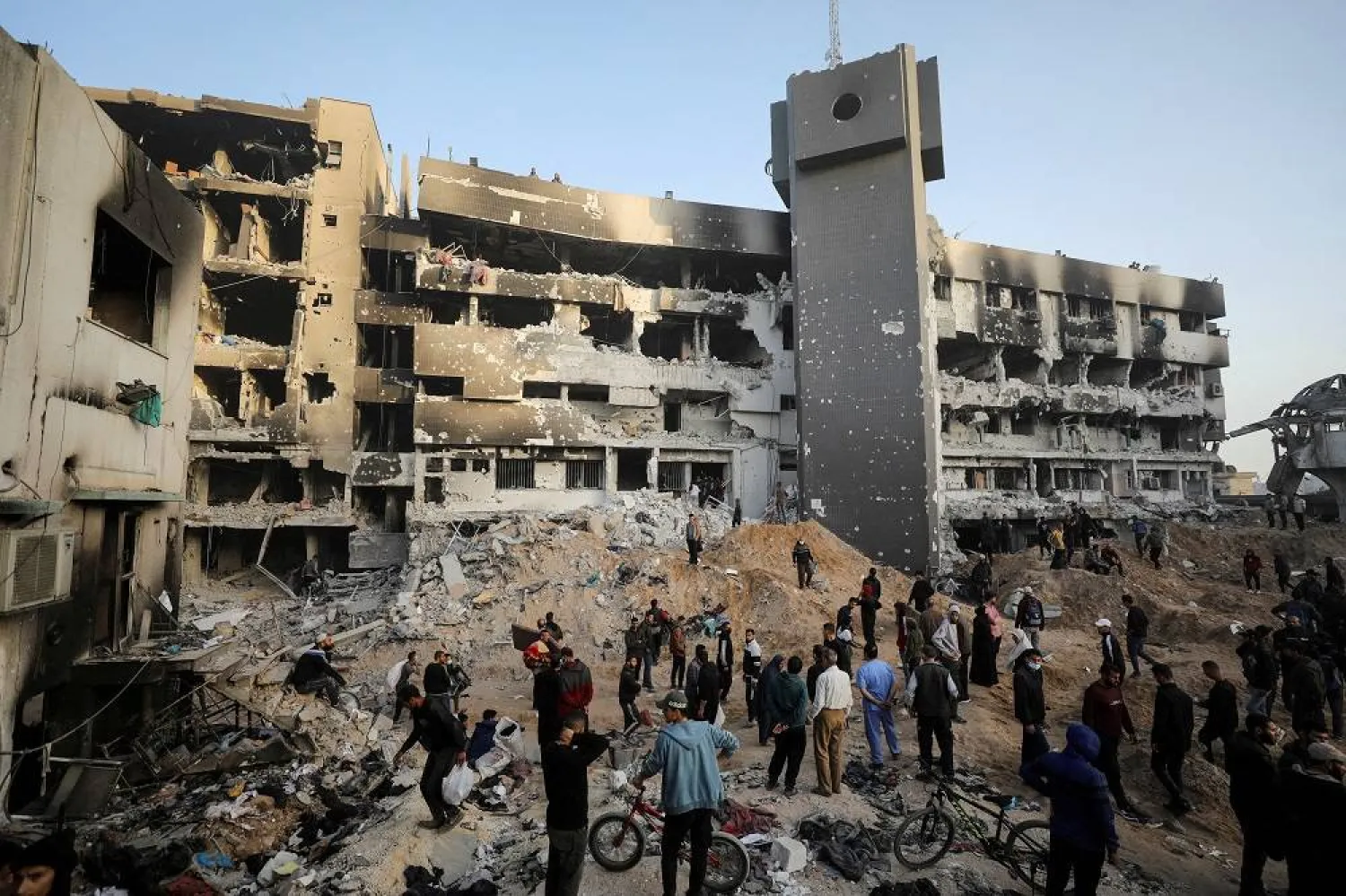Attacks on medics and health facilities in war zones jumped in 2023 to the highest level since records began 11 years ago, a group of non-governmental organizations said on Wednesday, with nearly half attributed to state forces.
The Safeguarding Health in Conflict Coalition, composed of 40 groups including medical charities, reported 2,562 incidents of violence or obstructions including arrests, killings and kidnappings of doctors and strikes across hospitals in 30 conflicts including Gaza, Ukraine and Sudan.
That is up by about a quarter compared with 2022.
Unlike the World Health Organization which also documents attacks on healthcare, the group apportions responsibility and said governments were to blame for nearly half of the attacks.
Len Rubenstein, chair of the coalition and a Johns Hopkins University professor, called for "far more assertive action to end the scourge of violence against health care," asking governments to cease arms transfers to perpetrators and press prosecutors to hold them accountable.
The group uses open source data and partner contributions and cross checks to ensure no double counting.
The coalition attributed 489 incidents in Gaza last year to Israeli forces, including medic deaths or injuries and strikes or raids on hospitals. No responsibility had been established in seven other cases, including the deaths of six Israeli military medics killed in fighting in separate incidents between October and December, and the bombing of the Al-Ahli Hospital on Oct. 17, 2023, it said.
Israel, whose military offensive in Gaza began after the deadly Hamas cross-border attacks of Oct. 7, says hospitals in the Palestinian enclave are used by Hamas militants as bases.









